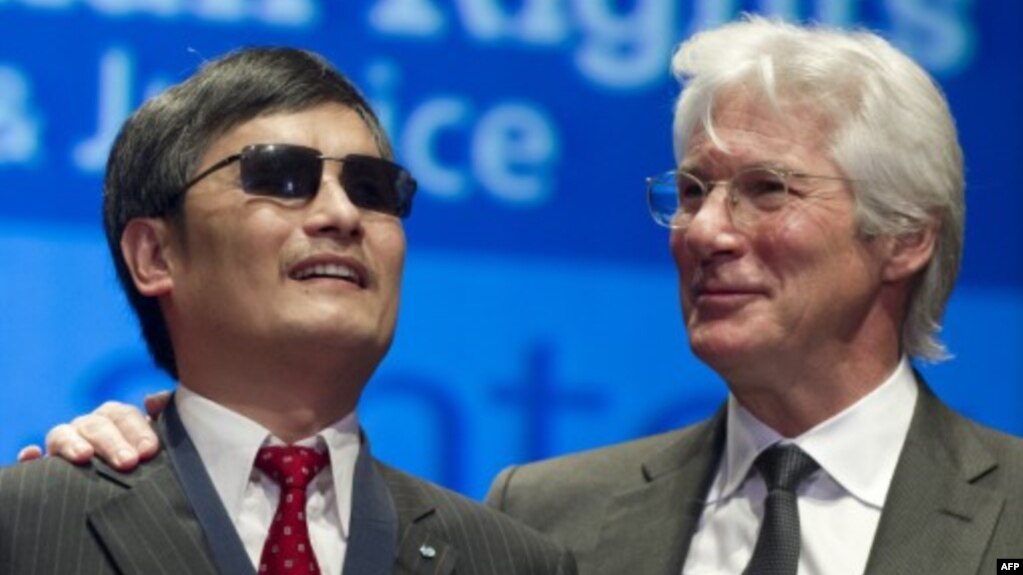By Richard Finney

The Potala Palace, former residence of Tibet's spiritual leader the Dalai Lama, is shown in a file photo.
In a strong show of bipartisan support, the U.S. Congress on Dec. 11 passed legislation demanding access to Tibet for American journalists and diplomats now routinely denied entry by Chinese authorities to the Beijing-ruled Himalayan region.
The Reciprocal Access to Tibet Act of 2018 will require the U.S. Secretary of State, within 90 days of the bill being signed into law, to identify Chinese officials responsible for excluding U.S. citizens from China’s Tibet Autonomous Region, and then ban them from entering the United States.
The bill had earlier passed in September in the U.S. House of Representatives, and then went to the Senate for approval.
The legislation is based on the diplomatic principle of reciprocity, in which “countries should provide equal rights to one another’s citizens,” the Washington D.C.-based International Campaign for Tibet (ICT) said in a Dec. 11 statement welcoming passage of the bill.
Travel by Americans in Tibet is now highly restricted, though “Chinese citizens, journalists from state-sponsored propaganda outlets and bureaucrats of the Chinese Communist Party travel freely throughout the US and lobby the American government on Tibetan issues,” ICT said.
A formerly independent nation, Tibet was taken over by and incorporated into China by force nearly 70 years ago, following which Tibet's spiritual leader the Dalai Lama and thousands of his followers fled into exile in India.
Chinese authorities now maintain a tight grip on the region, restricting Tibetans’ political activities and peaceful expression of ethnic and religious identities, and subjecting Tibetans to persecution, torture, imprisonment, and extrajudicial killings.
“China’s repression in Tibet includes keeping out those who can shine a light on its human rights abuses against the Tibetan people,” Senator Marco Rubio (R-FL), one of the bill’s sponsors in the Senate, said in a statement.
“We should not accept a double standard where Chinese officials can freely visit the United States while at the same blocking our diplomats, journalists and Tibetan-Americans from visiting Tibet.”
“I look forward to President Trump signing this bill into law that will help restore some measure of reciprocity to America’s relationship with China,” Rubio said.
